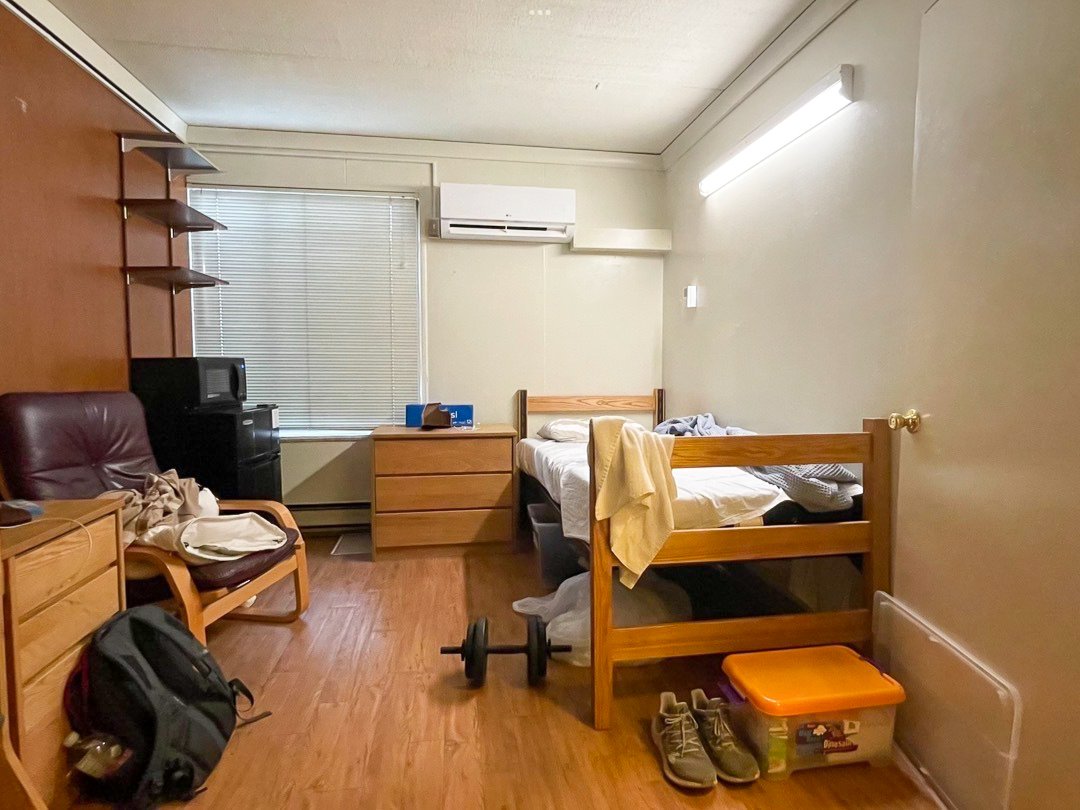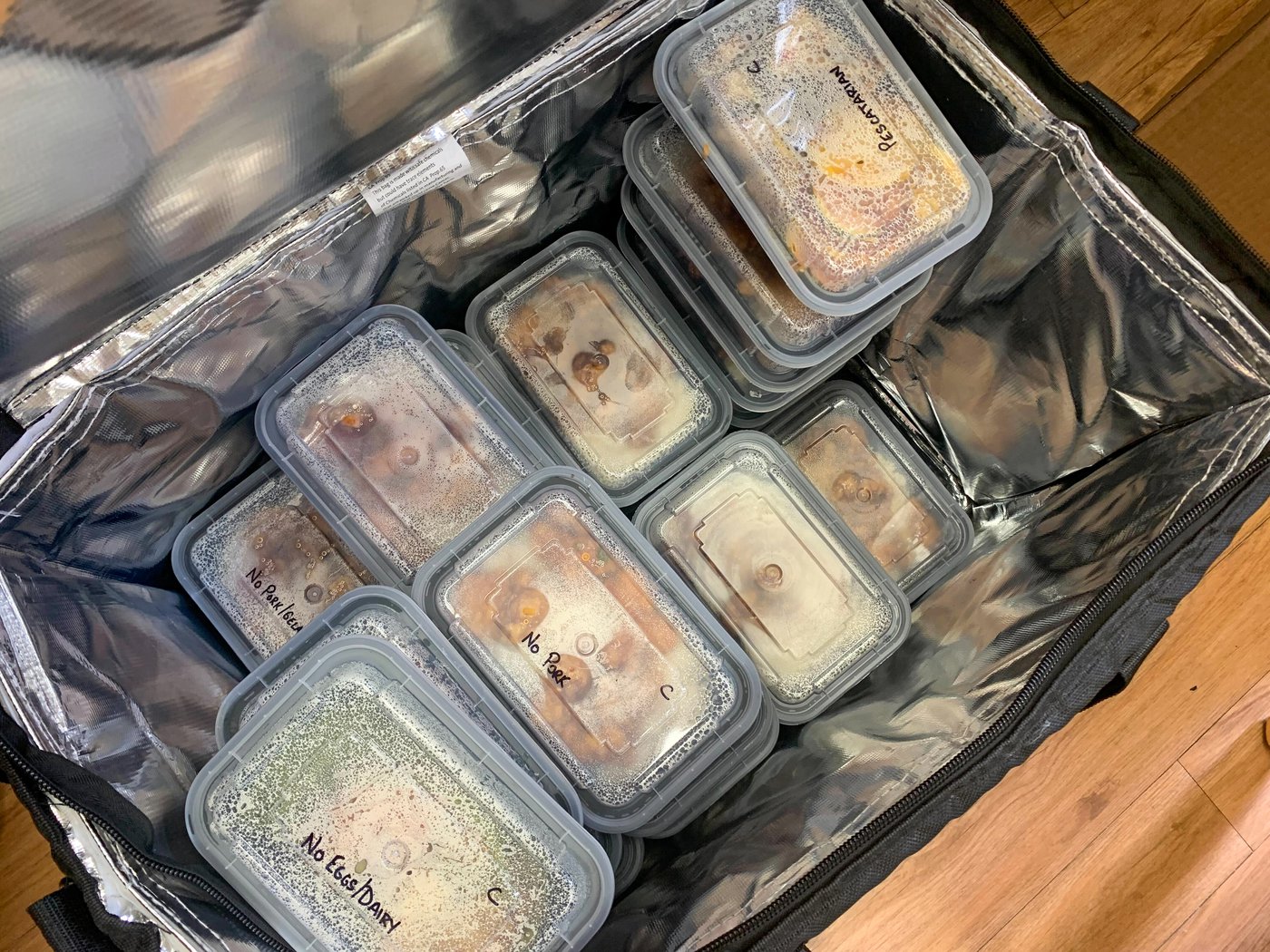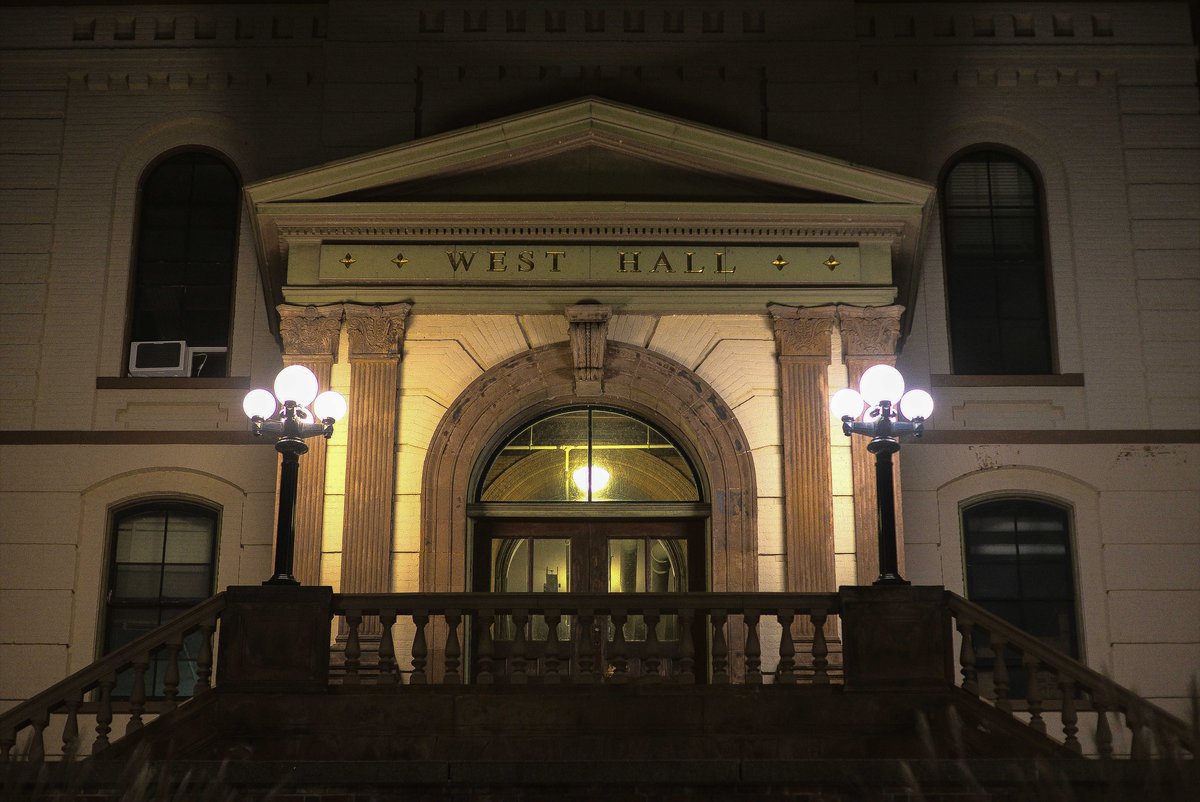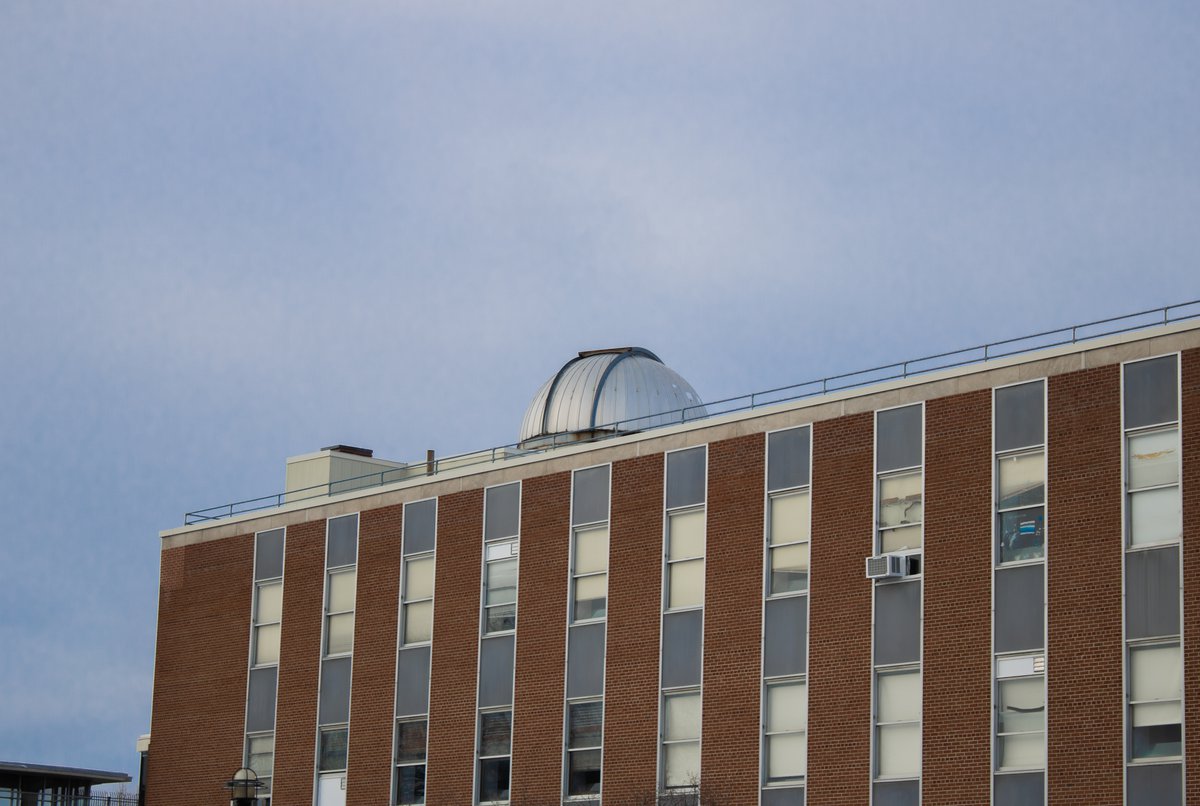Notes back from Colonie: student experiences with COVID-19 at Rensselaer

Within the first week of the Spring 2022 semester, 136 students tested positive for COVID-19. The plan for the Spring 2022 semester was that if Rensselaer exceeded 70 positive tests, it would initiate a Trigger Level 1 response from the RPI administration. This procedure would result in the suspension of in-person instruction for a minimum of two weeks. However, when this threshold was surpassed in the first week of the Spring semester, the Trigger Level 1 threshold was increased and in-person classes occurred as planned. Throughout this semester, the Rensselaer community has seen multiple spikes in the amount of positive cases. Single days, such as January 23, have surpassed the amount of cases seen in entire weeks— 40 cases in a single day, 15 more cases than the entire week of November 23.
As a result, COVID-19 isolation facilities have been forced to quickly adapt.
The Polytechnic interviewed six students to take a closer look at the experiences of people who contracted COVID-19 while living on campus. Many of the students interviewed were satisfied with the provided housing in Colonie Apartments; unlike previous semesters, Colonie increased its capacity for holding students in quarantine and allowed them to socialize during their quarantine period. Jonathan Young ’25, who was quarantined this Spring, said his Colonie apartment was “a lot better than my Freshman Five building’s dorm.” He added that “Colonie had vinyl flooring instead of a carpet, and it was also much more spacious. I had a bathroom which connected to another room [and] I had a fridge and microwave which came in the room for me to use.” In an interview with The Polytechnic, Sarah Sullivan ’24 compared her room in Colonie to a hotel.
On-campus students interviewed by The Polytechnic were informed that they tested positive for COVID-19 via email. Soon after receiving the message, students received a phone call detailing the amount of time they had to pack their things before moving to the Colonie apartments. Young shared that one of his friends “only had twenty minutes before she had to go to the dorm.” Jon Lukowiak ’24, having stayed in COVID-19 isolation housing in Spring 2021 and Spring 2022, added that in the latter semester, a representative from Student Living and Learning told him that he had “30 to 40 minutes to pack.” Another interviewee, Kaleigh Martin ’25, concurred, mentioning how she was told she had “30 minutes to an hour.”
Associate Dean of Residential Commons Shelby Robinson is noted by the students interviewed as being a kind and helpful figure for those struggling through their COVID-19 infection. She provided many services to students such as delivering mail from the Rensselaer Union and getting prescription medications to students so they would not have to leave the apartments. “She would supply a ton of snacks,” Lukowiak told The Polytechnic, “tons of food, tons of fruit, tons of chips, water, drinks, granola bars, pop tarts, danishes…[it was] really nice of her!”
Unlike previous semesters, where students were isolated in single rooms and food was delivered to their door, students were allowed to travel throughout the apartment as much as they desired. The food given to students during the quarantine is provided in small takeout containers, which were stored in the kitchen. Some containers were labeled for students with dietary restrictions with the meals marked based on which diet it adhered to. If a student wanted to eat something else, they were given the option of ordering food from outside.

However, a problem arose in that some students described not being able to get items that they left in their dorms. Moreover, many have expressed discomfort with how thin the blankets were, and were unsure if they could get blankets or pillows from their dorm. Lukowiak also detailed some of the problems he had with the room he was provided during his stay in Colonie B in Spring 2021: “The room itself had a hole in it and it was winter…the top half of the room was in the 70s, 75 [degrees], and the bottom half was 30 [degrees].” Lukowiak’s remedy the second time he contracted COVID-19 was to bring his own sheets and a blanket.
Young recalled that some students had trouble getting over the counter medications in order to alleviate their symptoms.
"They provided us with bedsheets and a blanket but they didn’t give us any [over the counter] medication, they didn’t give us any soap, they didn’t give us a pillow… I think the soap is excusable, but not giving anyone medications when you know that they’re all sick…"
The students interviewed also noted difficulties in getting supplementary needs when a large influx of people would come into Colonie, as well as during transitional periods like Spring Break. Sullivan told The Polytechnic that she had contracted the virus eight days before Spring Break, which was also when RPI saw one of its largest spikes since the beginning of the semester—45 students tested positive for COVID-19 in a single day. This influx of students caused problems with getting mail to the students on time as well as getting students to their flights.
“I’m from Kansas so I couldn’t have my parents come and pick me up… they mentioned that they could not just let me leave and get on the plane (while she was still contagious) but if I wait ten days and test negative with a rapid test I can just leave.”
Sullivan suggested that administrators in Student Living and Learning “implement additional tests for those who [need] to take a plane to get home,” adding that some students were refrained from leaving “due to their high antibody levels.”
The Polytechnic interviewed a student who wished to remain anonymous about their experience with COVID-19 at RPI. This student had contracted the disease during their flight on the way to campus, tested positive upon arrival, and experienced difficulty transitioning back into in-person classes.
Young also experienced academic difficulties and shared:
"It was kind of tough, because my teachers were not the most accommodating. They made it so that I could submit my homework online and so I could do all my homework and activities online, and they had pre-recorded lectures for me to keep up with classes. But at the same time, I didn’t have any deadlines extended, and for very few classes did I get any of my work exempted. I was still expected to be a full time student while I was sick, which wasn’t a good thing."
This new wave of cases has changed the way RPI deals with students who have contracted COVID-19. Overall, students felt taken care of while at isolation housing, but were taxed with the reminder that they were still students.
Correction: A previous version of this article quoted Jonathan Young for saying “extended” instead of “exempted.” The Polytechnic apologizes for this error.

 RPI HISTORY
RPI HISTORY
 Club Spotlight
Club Spotlight
 Lesser-Known Locales
Lesser-Known Locales
 Album Review
Album Review